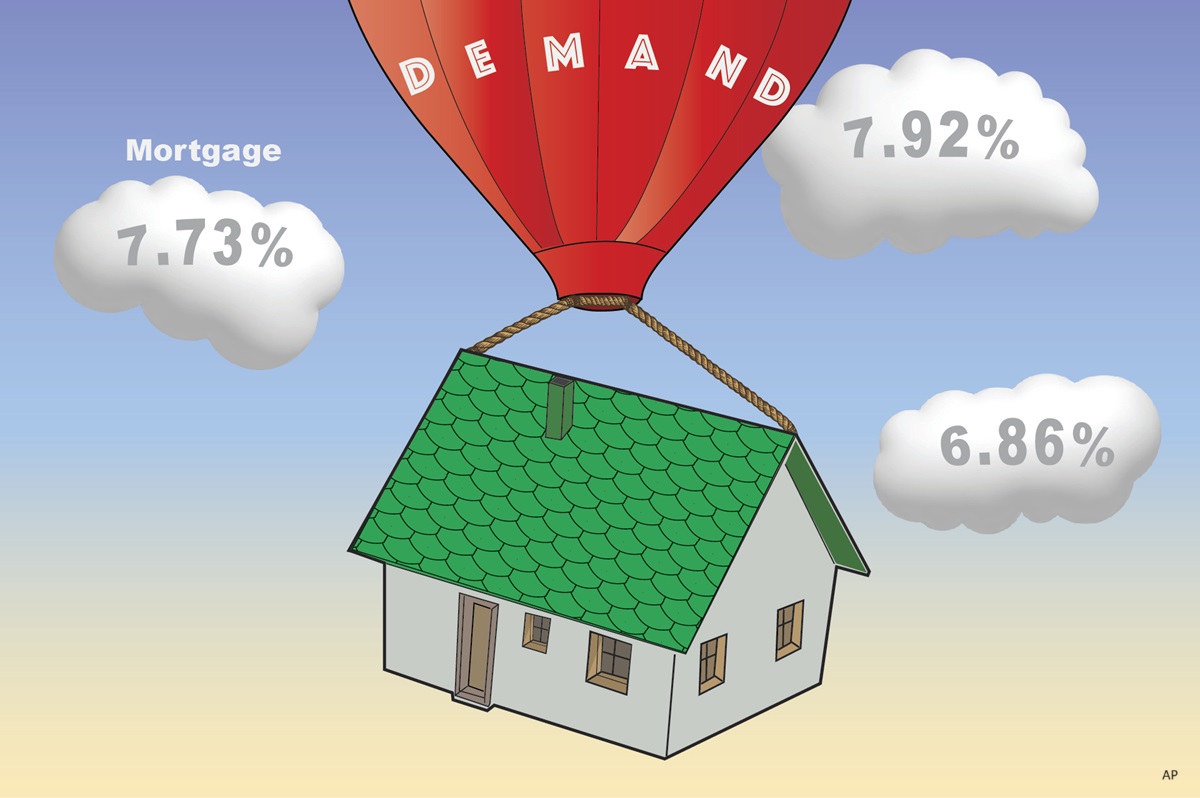
“We can’t find any periods with such growth in our statistics,” asserts Karen Yolevski, Chief operating officer at Royal Lepage Services, who adds: “In Toronto, for example, prices have gone up by 50% in the last five years and by 100% in the last ten.”
Such increases have priced large groups among the younger generations out of the market. They must fall back on renting, where prices are also on an upward rampage. Many ask: is that fair?
In the world of stocks, “fair value is the present value of the cash flow a company will generate over its lifetime,” explains David Sekera, Chief strategist, U.S. markets, at Morningstar. It is a forward-looking notion that can’t be applied to buying a house, believes Steve Saretsky, a real estate agent and blogger. It is a denial Sekera readily agrees with.
Assessing Fair Value: Houses vs. Stocks
At most, the notion of fair value “could be applied to rental, based on the income it generates,” recognizes James McKellar, professor emeritus, real estate and infrastructure at the Schulich School of Business of York University. But it can’t be applied to homeownership because so many factors influence the price, such as location, land value, materials, and proximity of services.
Also, in Canada, an increasing number of variables come into play. “Money flows in from everywhere, India and China,” Saretsky says. “And these aren’t poor people coming in; Indians and Chinese aspire to have huge homes,” McKellar adds.
One would expect house prices to be in sync with revenues, Saretsky notes, but what he sees increasingly is that “houses don’t trade off of income, but of wealth. I get many home buyers who get $500,000 from their parents but make a yearly revenue of $80,000, and they live in a $1.5 million home.”
Supply Skews Everything
The key word in the present market is “scarcity”, Yolevski highlights. “Goods and services that are scarce will always be higher priced; it’s like lumber during Covid which had to answer to huge demand,” she adds.
But that scarcity is artificial, McKellar claims, a result of what he calls “socialism for the rich”. “For the last decade, he says, the main reason for the rise in prices is that there was nowhere to build because of municipal zoning and citizen opposition.”
So, high demand on one side and low supply on the other combine to make an explosive cocktail, exposing house prices to market forces that are well beyond consumers’ control. Yet, “a home is not a consumption good, but an essential one,” claims Yvon Rudolphe, professor at École des sciences de la gestion of Université du Québec à Montréal. It is basic need, Saretsky agrees, “and an emotional one”.
Your Benchmark Index is Highly Emotional
A very emotional need indeed. Illogical, even. “The general approach in the market, for buying as well as for selling, is irrational,” asserts Élaine St-Denis, president of Bourassa Jodoin, a firm of certified appraisers. This is the most frequent process, she explains: a seller looks around for houses somewhat similar to his and sets his price accordingly at the highest level possible. If a real estate agent is involved, he will mimic the same process and come up with his best “guesstimate”. “The value of a house is what someone is willing to pay for it. I sometimes call this the greater fool theory of house transactions”, McKellar comments.
“Clearly, a fair value would be closer to something like what an appraiser will do,” submits John Pasalis, President of Realosophy Realty. That’s definitely what an appraiser like St-Denis proposes to do, analyzing countless factors that make up the value of a house: easements, quality of building materials, renovations done and needing to be done, quality of foundations, inclusions, presence of contaminants, nearby services, the geometrical form of the property, types of heating. The list goes on and on.
“The biggest error people make is to carry out comparisons without knowing the specifics of each property,” St-Denis points out. Neighbours have sold at such a price, but did they have cracks in their basement like yours does? Did they have an easement that gives the right of way to a development close by that will bring countless cars through your driveway every day?
St-Denis believes that, just as the signing of a sale contract must be accompanied by a survey certificate, it should also include an evaluation by a certified appraiser. That would contribute to a more rational approach to buying and selling in the housing market and it could maybe help rein in prices that are out of control.
The Market Isn’t Necessarily Moral
But would it make prices fairer? Just like the casual home seller, an appraiser starts his investigation with… a comparison of sales of similar houses in the neighbourhood, St-Denis acknowledges. From there he adjusts his evaluation accordingly: is the basement cracked? That knocks $10,000 off the price. Are there three bathrooms? That cranks up the price by $6,000.
An appraiser still refers to the “market value” of houses, not to any notion of “fairness”. Fair value carries a moral and social notion that arises, for example, when one contemplates National Bank’s affordability index which shows that buying a house takes on average a 65% bite out of the median income in Canada and 88% of the median income in Toronto. In 2005 those percentages were 35% and 40% respectively.
But then, “fair” is quite a loaded term and carries many expectations. “A seller’s idea of a just price will be different from a buyer’s,” Pasalis suggests. In the 1950s, each house dweller consumed about 200 square feet of living space, McKellar recalls, today it is 1,000 square feet. “When I walk to the university, I see countless BMWs…” he muses.
McKellar questions the primacy of house ownership, which in Toronto has emerged from a prejudice against renters because their rental housings, called walk-ups, “lead to fornication, drunkenness and crime”. “Home owners didn’t want renters in their midst,” he recalls. Today, many analysts would tell you that owning a home is not a sound economic option.
Either Compete or Co-Op
But if housing is a basic need, as most observers agree, it should be taken out of the economic market, McKellar proposes. “Then, your housing is driven by social need and a moral imperative. The only solution is to create a large segment of housing stock, and not only for low incomes, and rent it out.” The emeritus professor points to conditions in Vienna, Singapore and Switzerland, even Montreal, where large swaths of the population rent their lodgings. “In Vienna, he points out, 70% of Viennese rent their housing from the government.”
Such a socialist approach will not be to everyone’s taste. An alternative, McKellar recognizes, is housing cooperatives, where renters gather to collectively own a property. It is a solution that was still financially encouraged by the Federal government up to a few years ago, but which it has since dropped. “You want to keep rents low, a logic that is contrary to capitalism,” the university professor says. Even in New York, that Mecca of capitalism, “there were more cooperatives at one time than condos,” he notes.
Of course, every choice entails sacrifices. Coop participants “don’t build equity,” Pasalis points out, “If you move out, you don’t get any equity, so ‘fair’ has certain limitations.” True, but then, participants didn’t put in any equity when arriving. Still, Pasalis sees co-ops positively. “There’s a market for them, and we need them, but I don’t think it’s an either/or.”




















